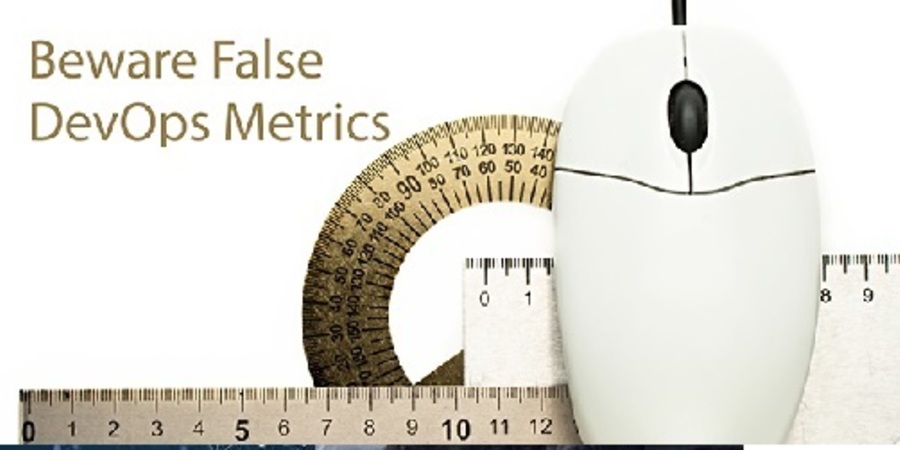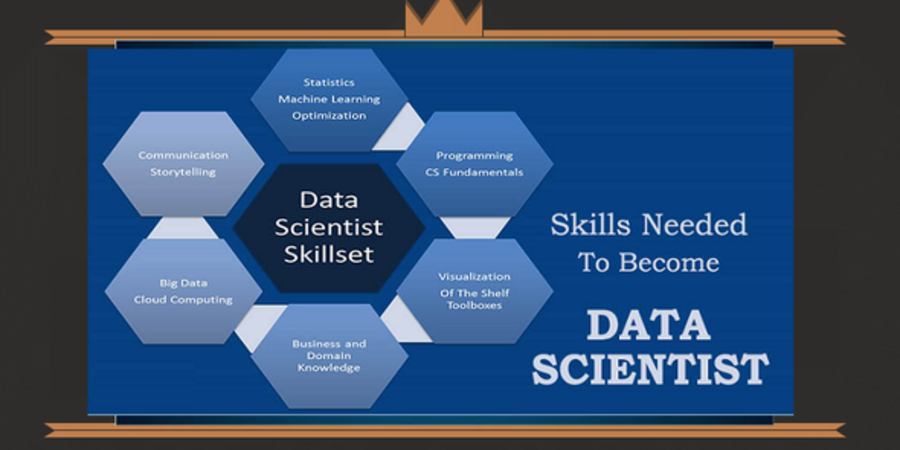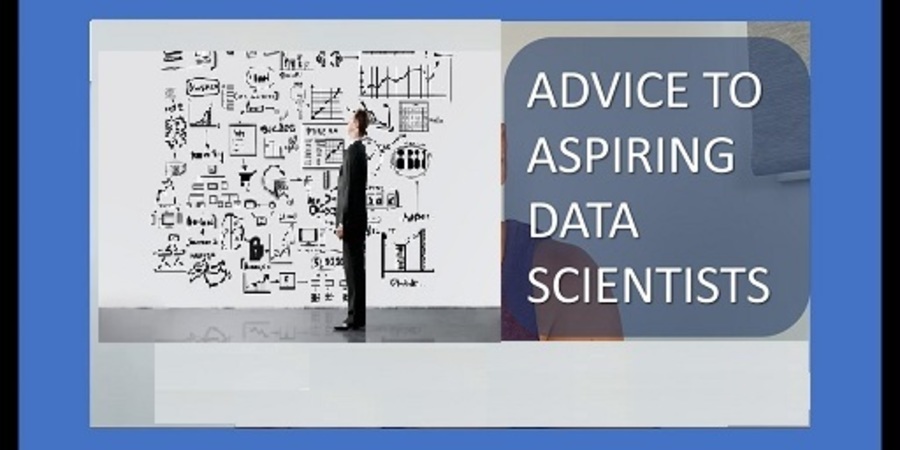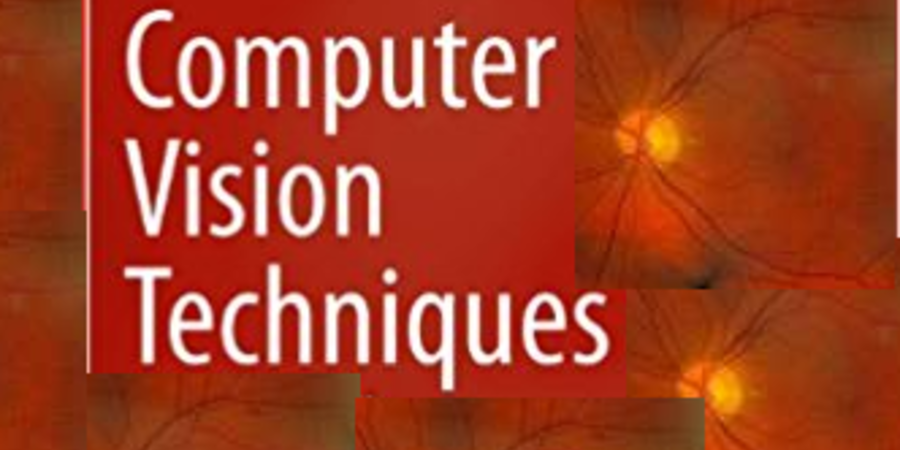Hard work has always been an important competency for aspiring students to become data scientists. Despite having studied there was still a noticeable gap between what they had studied and what industry wanted. You can be a great data scientist, but you can’t if you stay in a silo. So going to Meet-ups, reading Kaggle forums, reading recommended data science books, following technical thought leaders, can help ensure you are at least heading in the right direction. Finding an industry mentor can also be very helpful. Lastly, fall in love with it. Passion for the topic and intrinsic motivation will help you stand out from the school of fish in the market.













